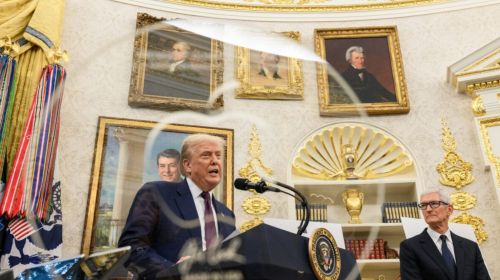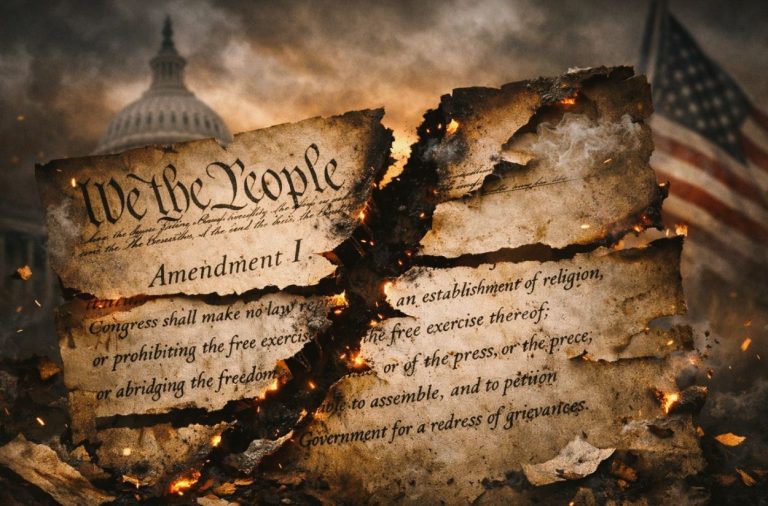

The corporate loyalty ledger, paired with government investment in private equity, signals a redefinition of power in America. It is not socialism by nationalization, but fascism by financial assimilation.

By Matthew A. McIntosh
Public Historian
Brewminate
The Return of the Scorecard
The White House has begun quietly circulating what insiders describe as loyalty scorecards tracking 553 major corporations. Each entry is assessed not for productivity, innovation, or public service, but for a singular political measure: their commitment to what the president has named his “One Big, Beautiful Bill.” It is an extraordinary development, at once theatrical and chilling, in a political culture already defined by the merging of spectacle and governance.
What began as an economic plan has mutated into a political loyalty test. Intel, Boeing, and other household names now appear on internal ledgers where their “alignment” is graded against White House expectations. The ostensible justification is straightforward: corporations that benefit from federal subsidies, tax breaks, or federal contracts should also demonstrate support for the administration’s sweeping economic agenda. Yet the practice blurs a fundamental line between public governance and private autonomy, one that has historically defined liberal democracy in the United States.


